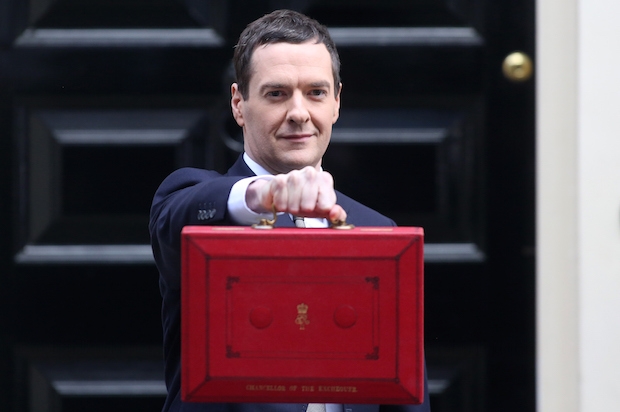Of all the measures talked up ahead of the Budget, the reannouncement of a ‘radical’ review of the business rates was the least concrete in content but the most important in potential impact on the domestic economy, and especially on business investment. This column has banged on for years about the iniquity of a system that imposes the highest local taxes on businesses of any EU country, based on pre-crash rental assessments and bearing no relation to the value of diminishing local authority services. It’s a system that, on top of other economic woes, has brought devastation to town centres — and gets away with all this because it has no democratic accountability, since businesses have no votes.
Quite how the next government might right those wrongs in a ‘fiscally neutral’ way — that is, in a way which continues to raise at least £26 billion for the Exchequer — remains to be seen. All we have so far is a list of questions, and an alternative promise from Ed Miliband to ‘freeze business rates for 1.5 million small businesses’.
A truly radical review would start from the proposition that local levies on business are not taxes at all, but charges for local amenities, infrastructure and policing which can be accurately costed. Firms whose owners and managers pay full UK taxes should simply pay an allocation of these local costs — but those who avoid taxes by offshore routes should pay more locally. Are HMRC and local government joined up enough to make that work? Almost certainly not, but it would be far fairer than the currentbusiness-rate rip-off.
This is an extract from Martin Vander Weyer’s latest column in the Spectator.







Comments